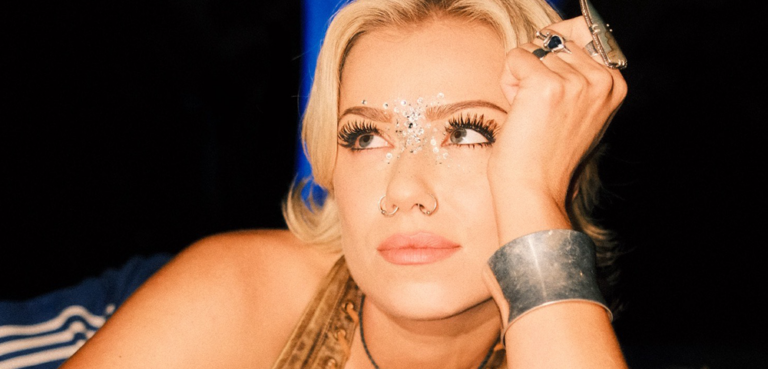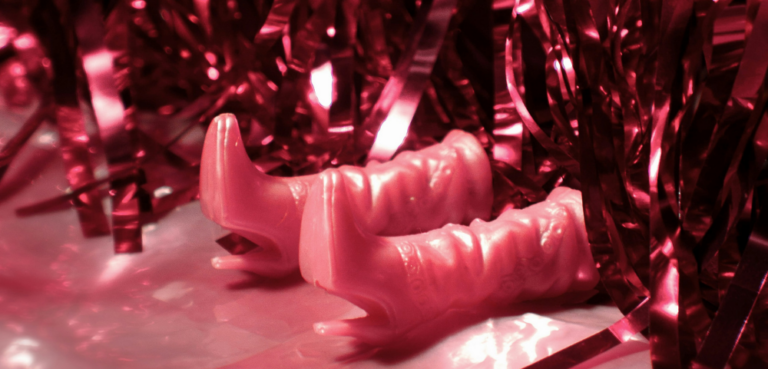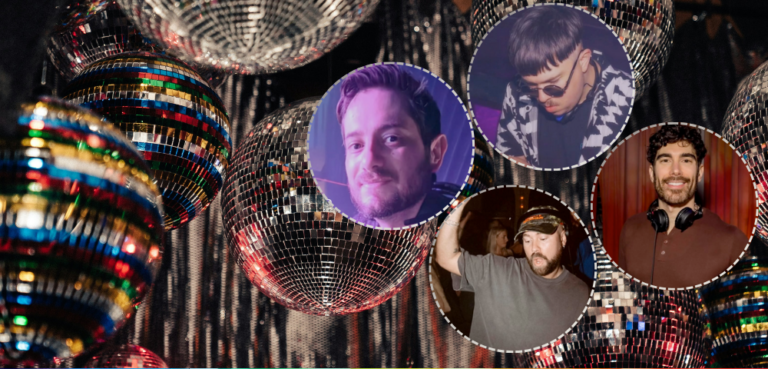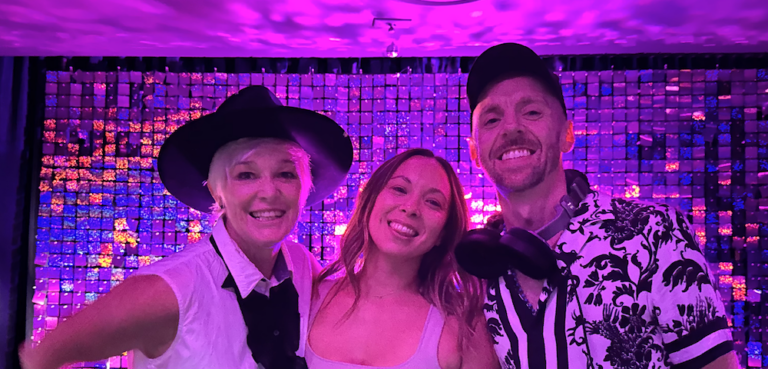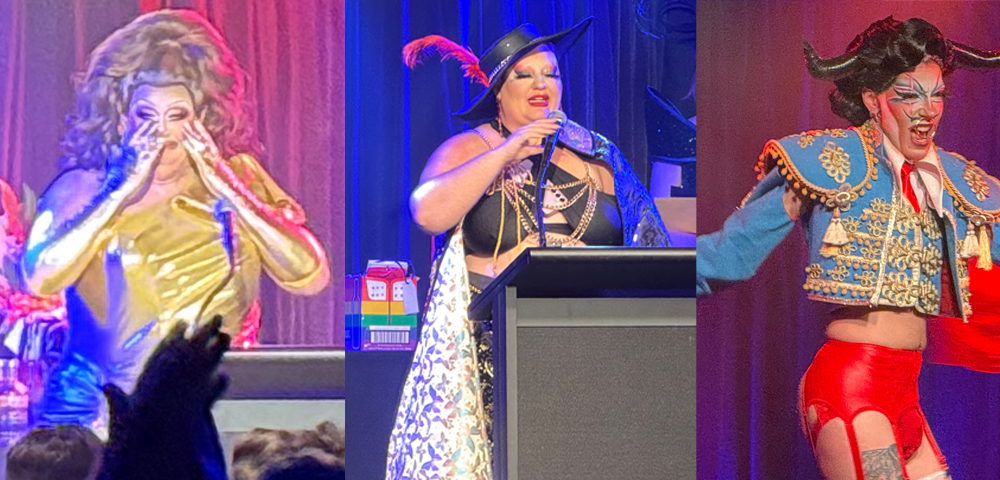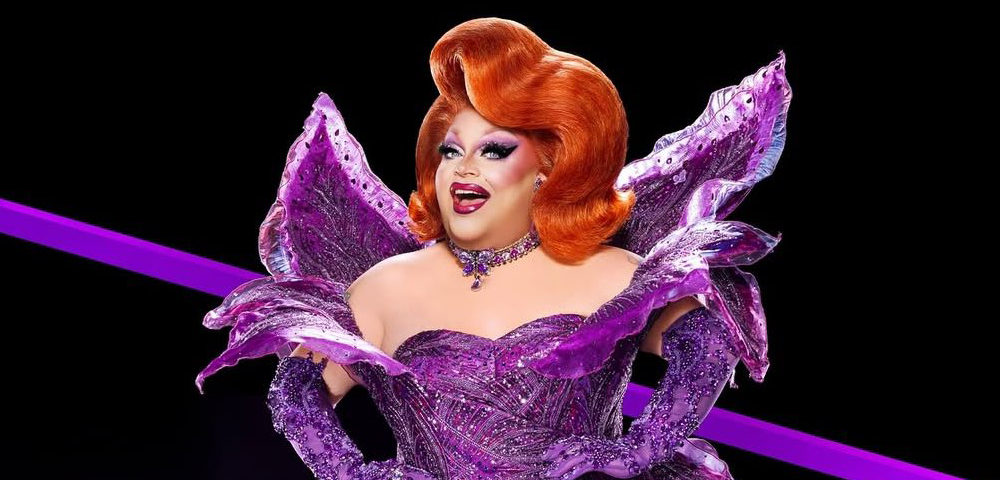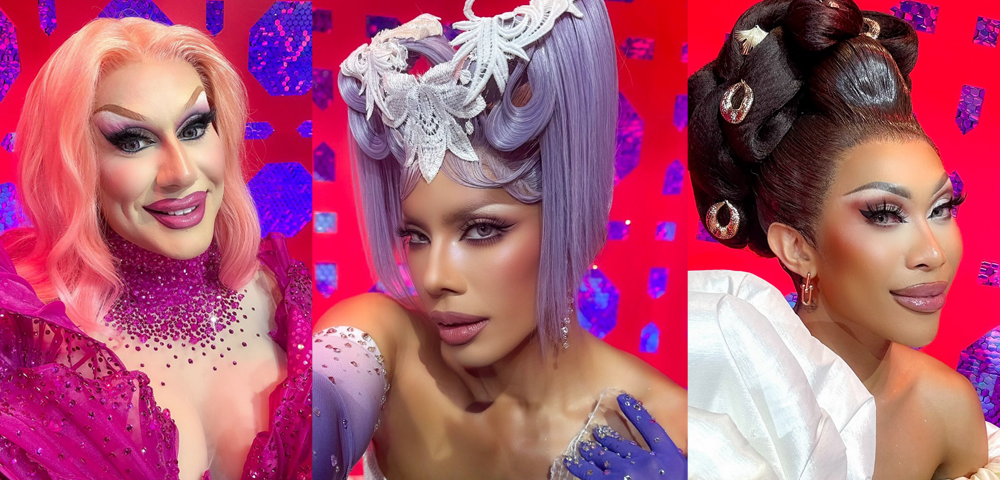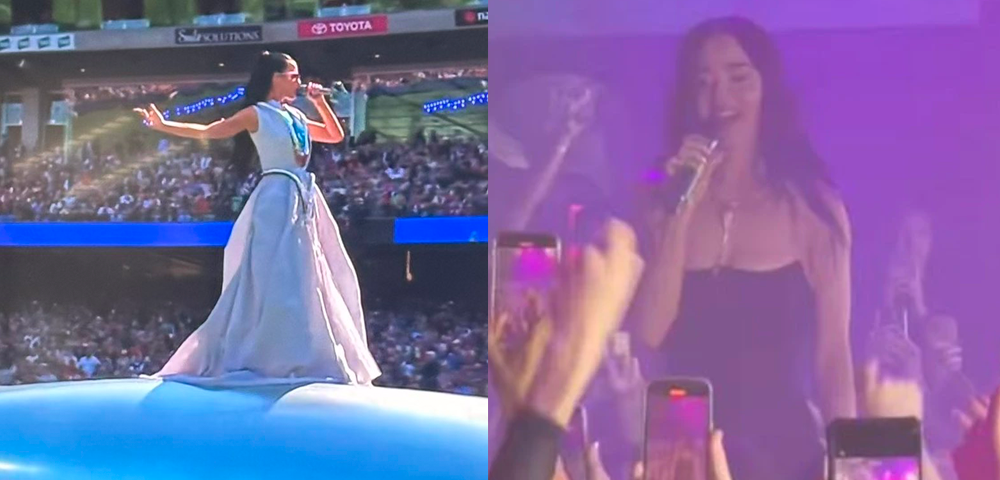
Oxford English Dictionary Added Over A Dozen LGBT Words In 2022

The Oxford English Dictionary (OED) adds new words into the dictionary that were used in order to keep up with the ever-evolving English language. For 2022, they added several new LGBTQ entries used by the queer community.
One of the words is the very acronym LGBTQ (lesbian, gay, bisexual, transgender, queer) was added, along with ‘tea house’ which is a term used to describe “a public toilet used by men to engage in or solicit sexual activity with other men.”
Other new queer words added to the dictionary include:
Anti-gay and Anti-homosexual
2022 saw a rise in violence and restrictions against the LGBTQ community, so it’s no surprise that these two were among some of the ‘anti’ words added to the dictionary.
Bakla
A word borrowed from Tagalog, OED defines this as “a person registered as male at birth who identifies with or presents a feminine gender expression, typically through behaviours, occupations, modes of dress, etc., that are culturally associated with femininity.” It’s often seen as a derogatory word in Philippine English.
After the definition, OED notes that “Bakla encompasses a wide range of gendered characteristics and practices that do not correspond to heteronormative ideas of masculinity. It can often, but not always, denote homosexuality, although the term is increasingly being used as a synonym for Western terms relating to sexual orientation, such as gay and homosexual.”
Brotherboy and Sistergirl
Two new terms that bring in Aboriginal identities. OED defines brotherboy as “a person registered as female at birth who identifies with or presents a masculine gender expression, typically through behaviours, occupations, modes of dress, etc., that are culturally associated with masculinity,” while sistergirl means assigned male at birth but presents in ways seen as feminine.
Enby
A colloquial term used for a non-binary person.
Gender-affirming, Gender critical, Gender expression and Gender presentation
Four sub-entries for the noun ‘gender’ and while three cover the topic in a positive light when it comes to gender, gender critical has two definitions with one being “critical of the concept of gender identity, or the belief that gender identity outweighs or is more significant than biological sex. In sense (b), typically distinguishing between gender (as something culturally or biologically defined) and gender identity (considered an innate individual sense).”
Multisexual
The OED defines this new word as “characterized by sexual or romantic attraction to, or sexual activity with, people of different sexes or gender identities; (now) spec. having any of various sexual orientations of this type, such as bisexual, pansexual, or polysexual.” The OED evens cites a tweet by @nyphren to further explain the new word.
i don’t identify as bi but i’m grayasexual and when i do feel sexual attraction it’s to more than one gender so i usually say i’m multisexual. this way of thinking is harmful to both ALL aros, and to m-spec people, too.
— ren (@nyphren) January 11, 2018
Muxe
Pronounced as ‘moo-shay’, this Zapotec identity made it into the OED and is defined as “in Zapotec communities of southern Mexico: a person registered as male at birth who identifies with or presents a feminine gender expression, typically through behaviours, occupations, modes of dress, etc., that are culturally associated with femininity.”
Pangender
Pangender is defined different from pansexual and is “designating a non-binary person whose gender identity encompasses multiple genders, which may be experienced simultaneously or in a fluid, fluctuating manner; of or relating to a gender identity of this type.”
TERF
OED had noted some context for this word, noting that it was “originally used within the radical feminist movement.”
“Although the [one who coined the term in 2008] (a trans-inclusive feminist) has stated that the term was intended as a neutral description, TERF is now typically regarded as derogatory,” the OED states.
And TERF is defined as “a feminist whose advocacy of women’s rights excludes (or is thought to exclude) the rights of transgender women. Also more generally: a person whose views on gender identity are (or are considered) hostile to transgender people, or who opposes social and political policies designed to be inclusive of transgender people.”
The words ‘top’ and ‘bottom’ received new entries that centred around the bondage, domination meanings behind the words. Here’s hoping to more queer words and terms making their debut in 2023!
